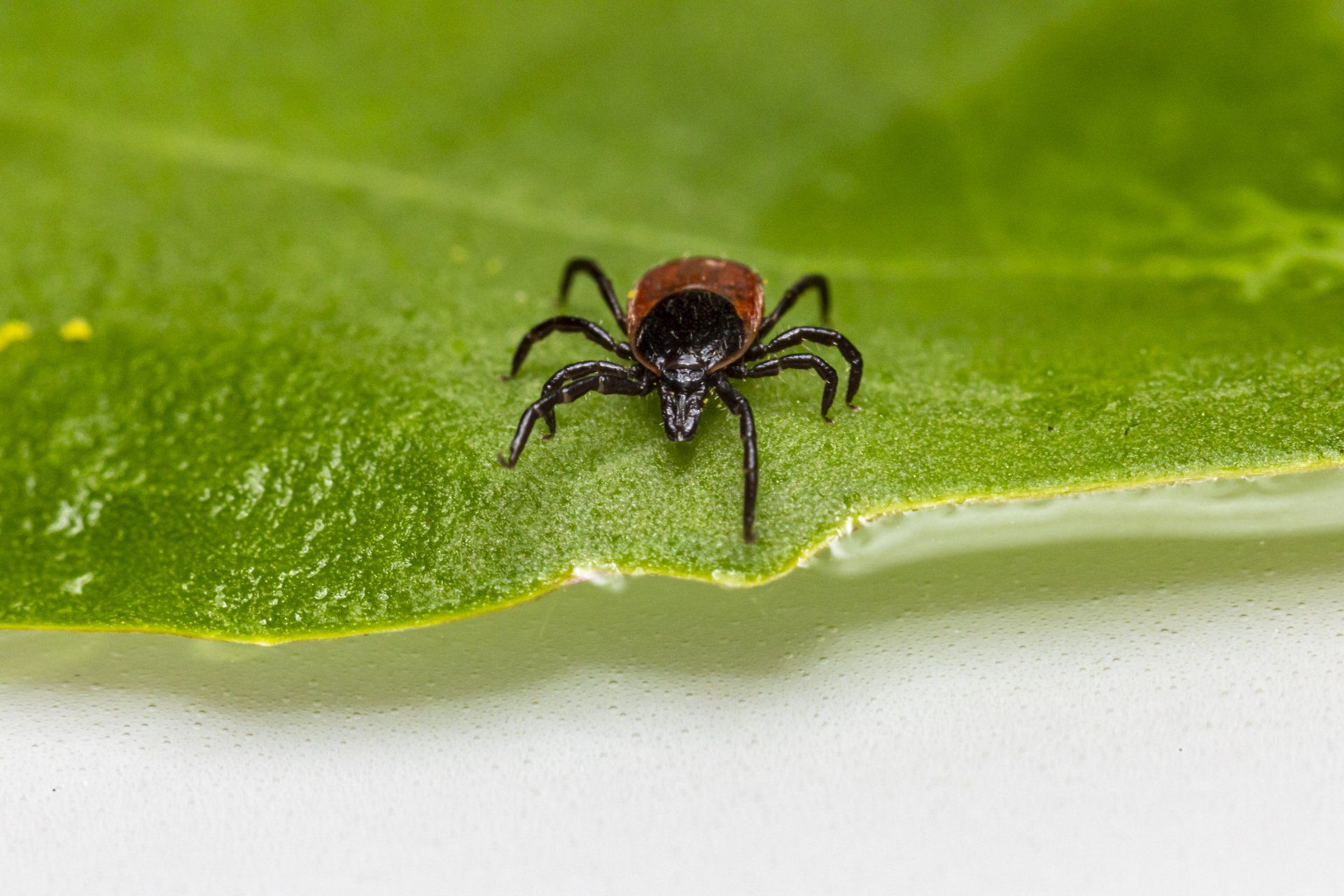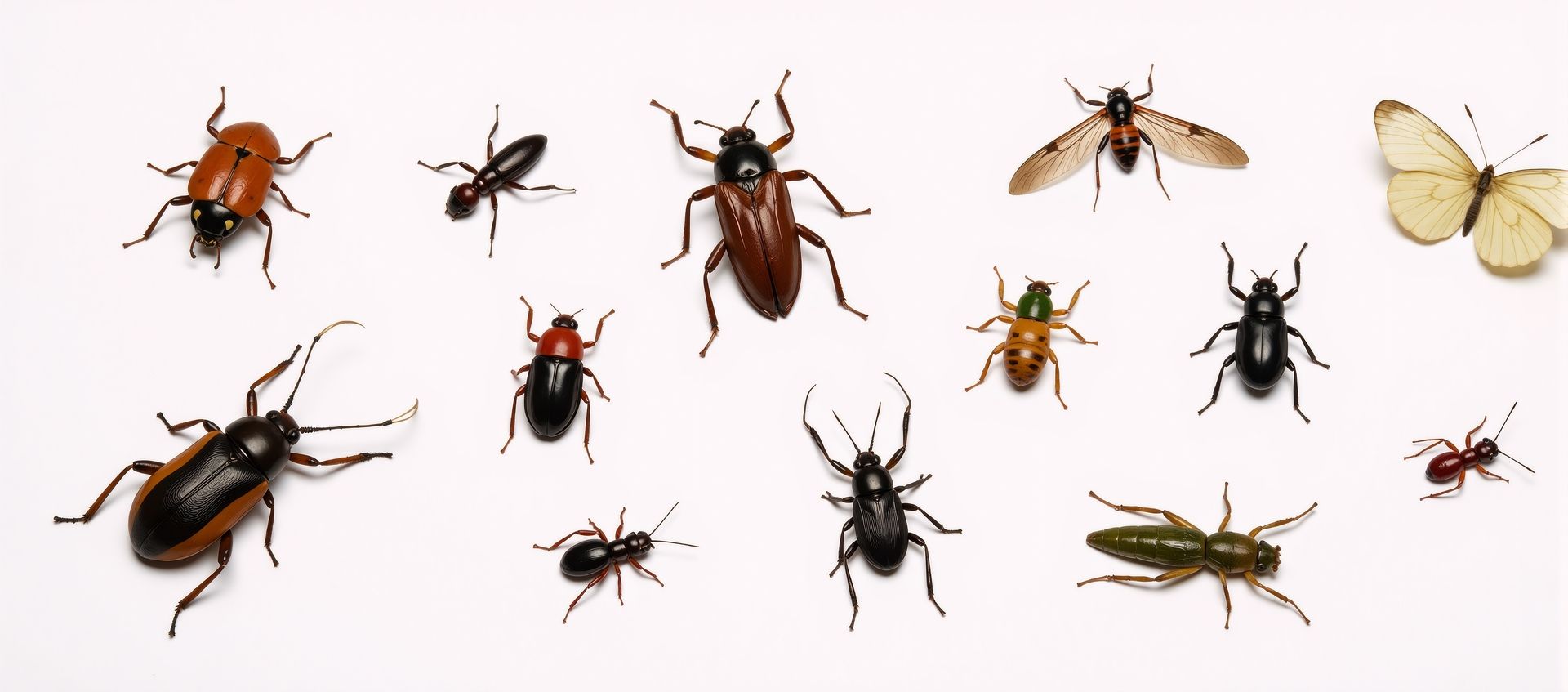Reduce Your Risk Of Lyme Disease
This is a subtitle for your new post

Lyme disease is a serious illness that is caused by the bite of an infected tick. Ticks are most commonly found in wooded areas, but they can also be found in other areas, such as parks and backyards. Lyme disease can cause a variety of symptoms, including fever, fatigue, and a rash. If left untreated, Lyme disease can lead to more serious health problems, such as arthritis and heart problems.
There are a number of things that you can do to reduce your risk of getting Lyme disease. One of the most important things is to avoid being bitten by a tick. You can do this by taking steps to protect yourself when you are outdoors, such as wearing long sleeves and pants, using insect repellent, and checking yourself for ticks after you have been outdoors.
You can also take steps to reduce the number of ticks in your yard. This can be done by removing leaf litter and other debris from your yard, keeping your grass trimmed short, and using a tick control product.
Pest control companies can also help to reduce the number of ticks in your yard.
Pest control companies have a variety of products and services that can help to kill ticks and other pests. They can also provide you with information and advice on how to reduce your risk of getting Lyme disease.
If you are concerned about Lyme disease, you should talk to your doctor. Your doctor can tell you about the risks of Lyme disease and how to protect yourself. You can also talk to your doctor about getting a Lyme disease vaccine.
Here are some additional tips for preventing Lyme disease:
- Be aware of the areas where ticks are most commonly found.
- Wear long sleeves and pants when you are in wooded areas.
- Use insect repellent that contains DEET.
- Check yourself for ticks after you have been outdoors.
- Remove any ticks that you find on your body as soon as possible.
- See a doctor if you think you may have been bitten by a tick.
By taking these steps, you can help to reduce your risk of getting Lyme disease.
Additional Information
If you are concerned about Lyme disease, you should talk to your doctor. Your doctor can tell you about the risks of Lyme disease and how to protect yourself.
You can also learn more about Lyme disease from the Centers for Disease Control and Prevention (CDC).



















